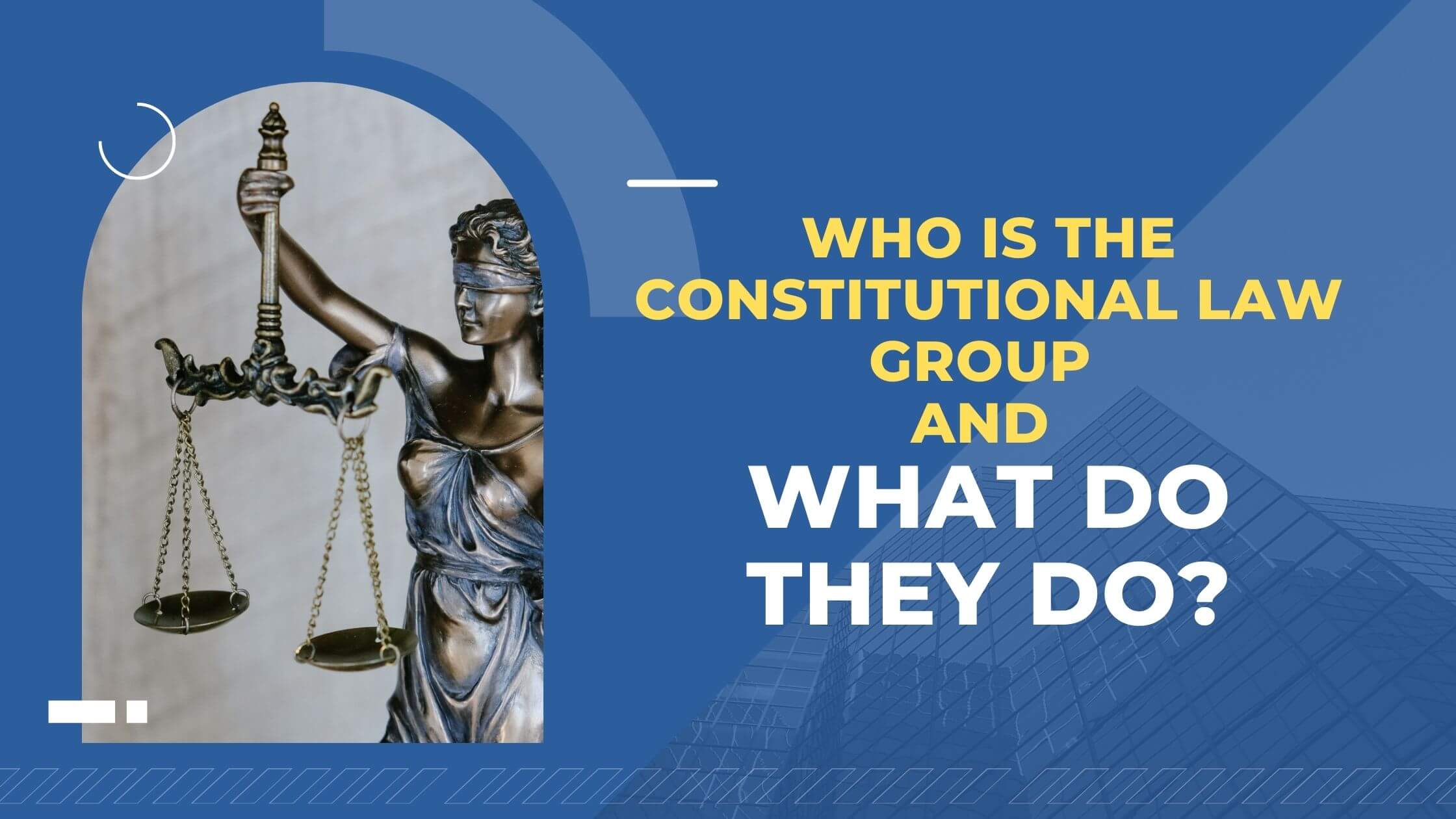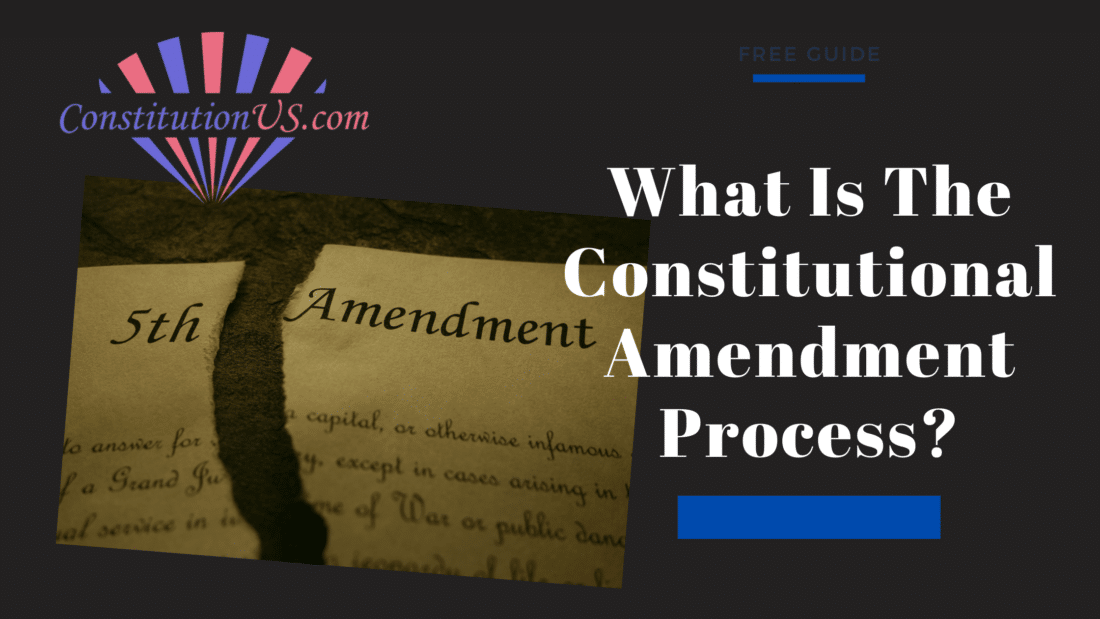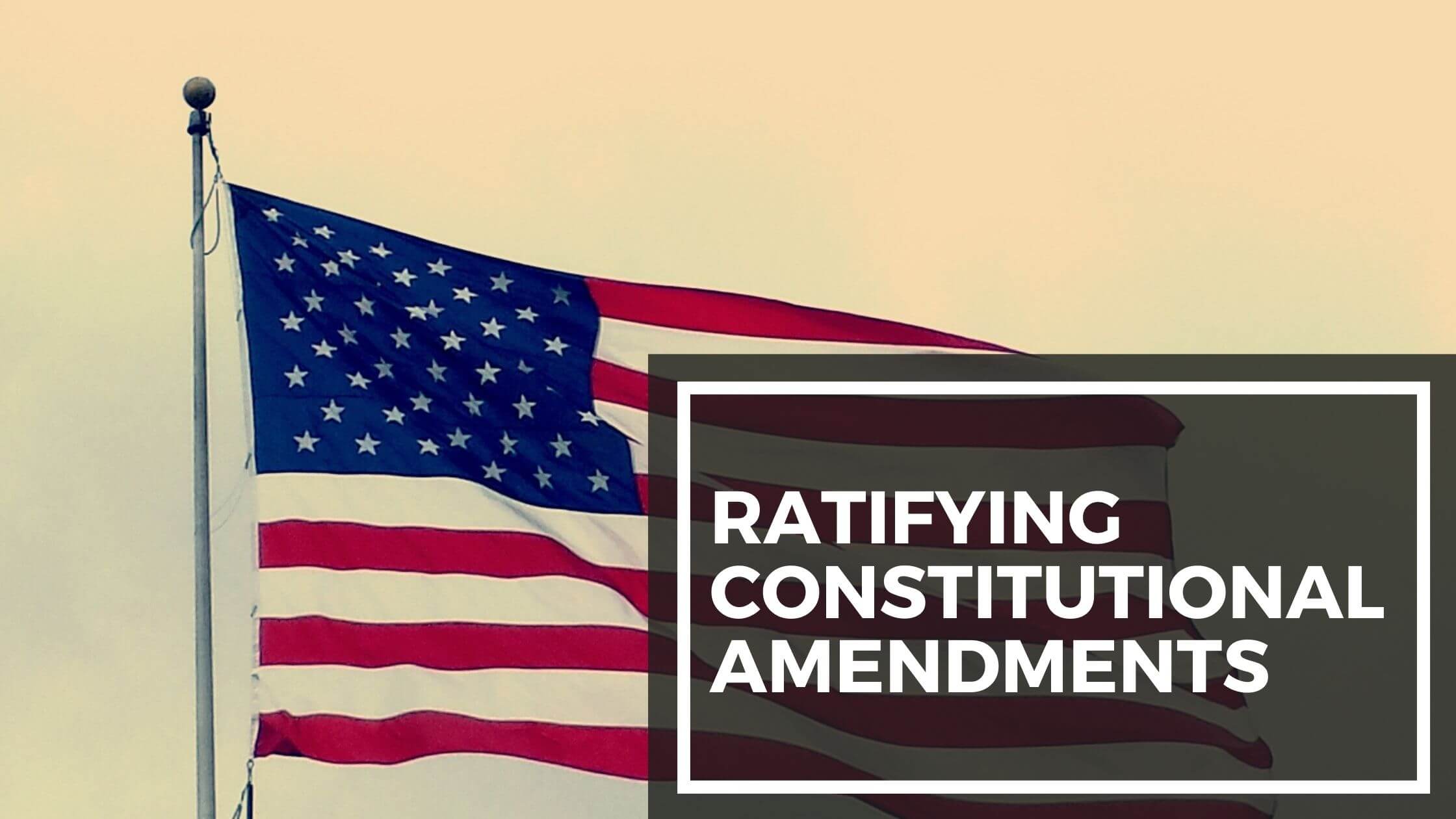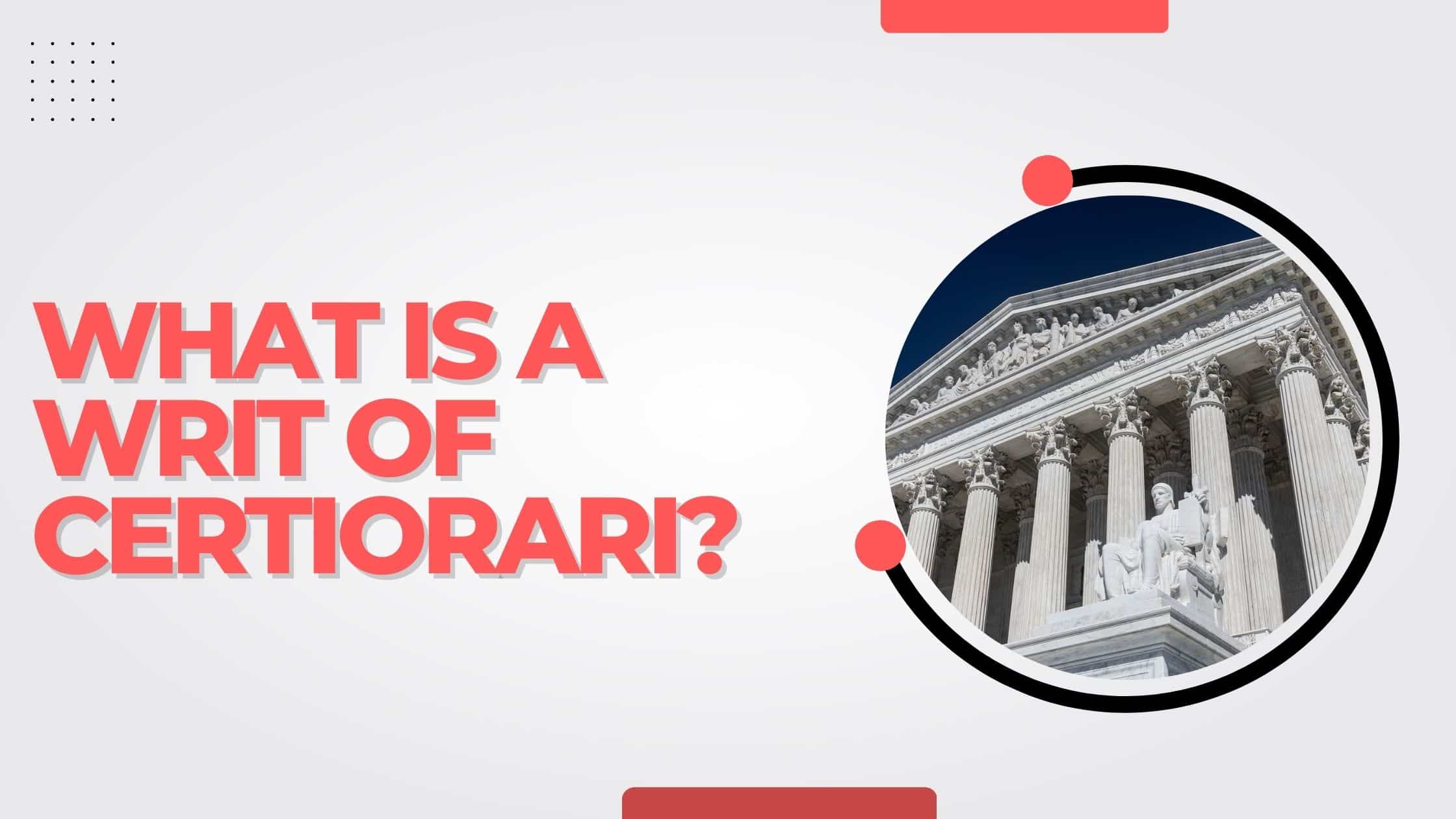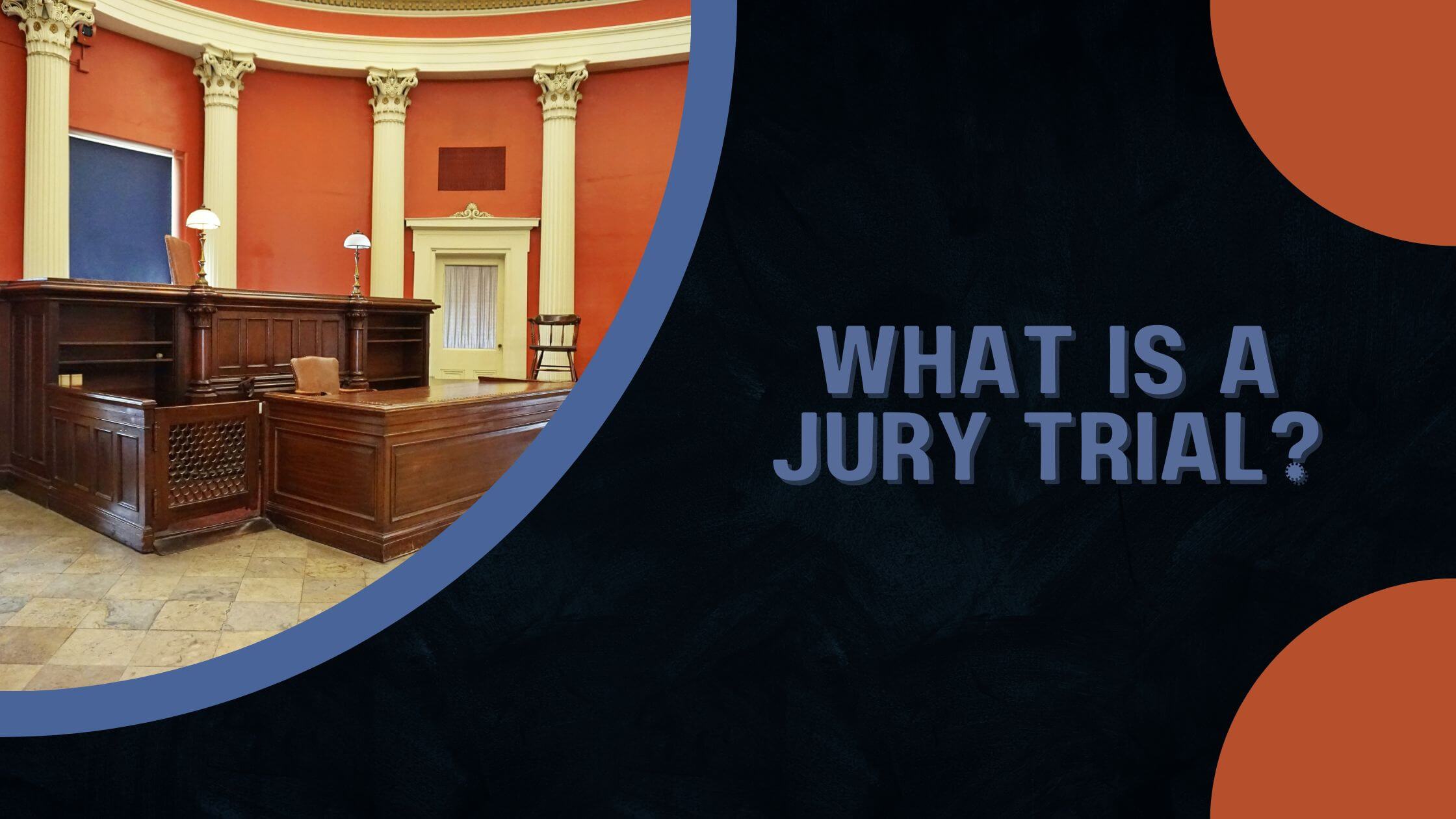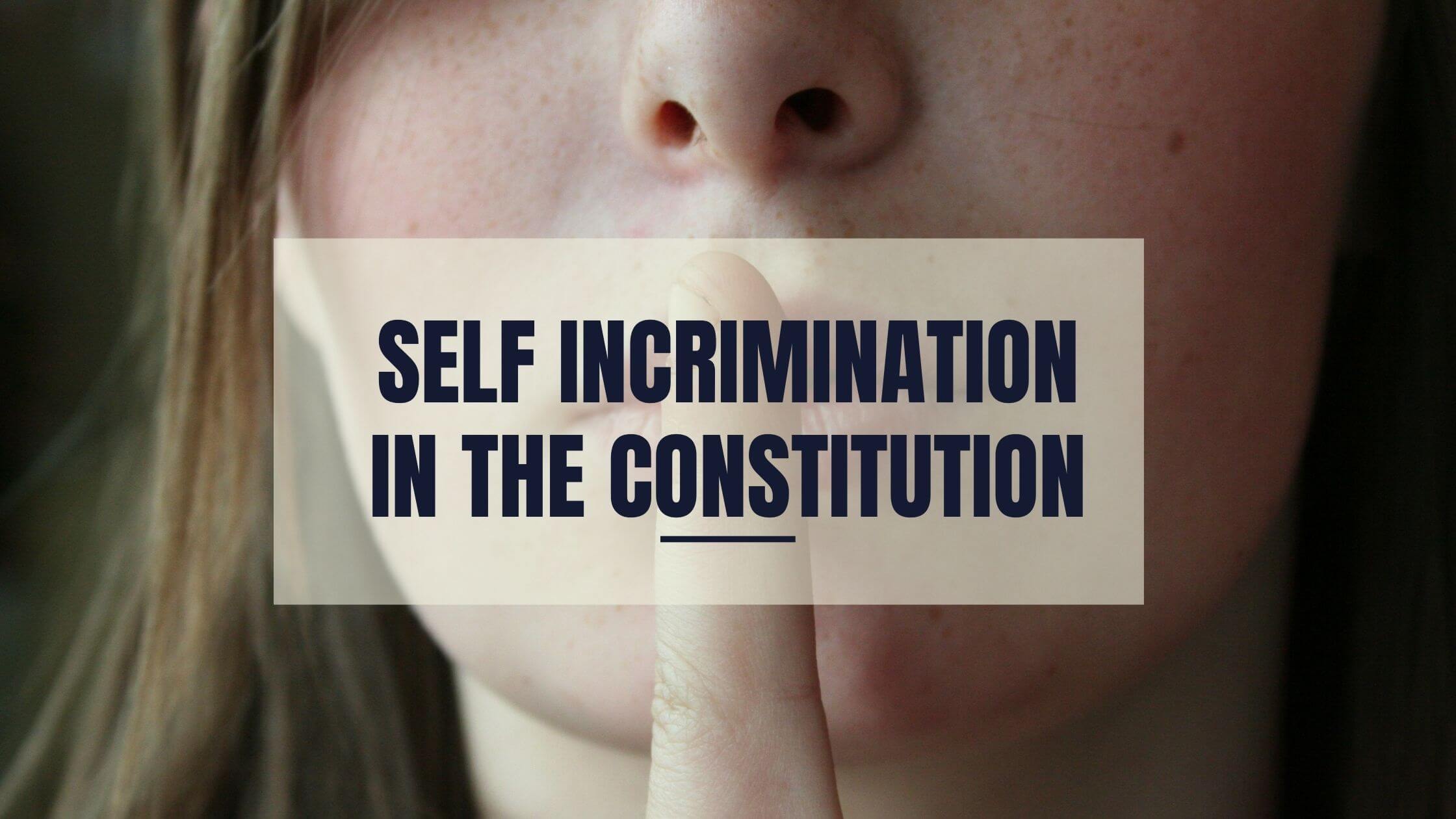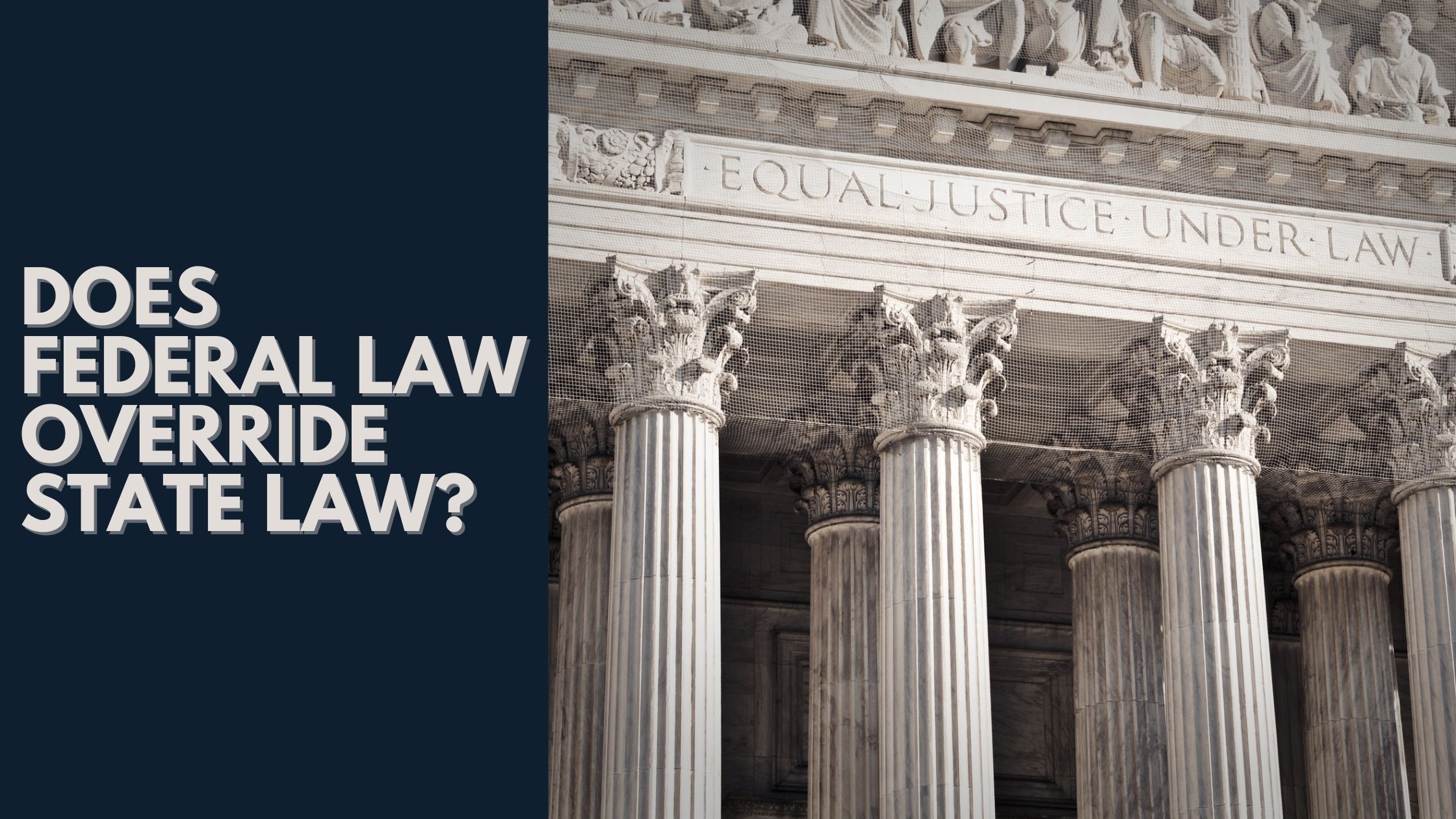Table of Contents
ToggleSources
- https://www.archives.gov/founding-docs/constitution-transcript
The National Archives provides the official transcript of the U.S. Constitution, which is the primary source for understanding the phrase 'establish justice' and its context within the Preamble. - https://www.uscourts.gov/about-federal-courts/educational-resources/about-educational-outreach/activity-resources/us
The U.S. Courts website explains the role of the judiciary in interpreting laws and ensuring justice, which directly supports the blog's discussion on judicial functions and checks and balances. - https://www.aclu.org/know-your-rights/
The ACLU's 'Know Your Rights' section provides authoritative information on civil liberties and human rights protections in the U.S., relevant to the blog's discussion on minority protection and equal treatment under the law. - https://www.senate.gov/about/powers-procedures/impeachment.htm
The U.S. Senate's official page on impeachment procedures supports the blog's explanation of how impeachment works as part of the checks and balances system to hold government officials accountable. - https://www.law.cornell.edu/wex/habeas_corpus
Cornell Law School's Legal Information Institute offers a detailed explanation of the writ of habeas corpus, which is relevant to the blog's discussion on judicial protections and due process rights.
Key Points
- The phrase 'establish justice' in the U.S. Constitution means ensuring fairness and equal treatment under the law for all citizens.
- Justice is crucial for protecting civil society, maintaining social order, and holding criminals accountable.
- The U.S. government's system of checks and balances helps prevent corruption and protects individual rights.
- Justice safeguards human rights, including the right to a fair trial and legal representation.
- Minority protection is a key aspect of justice, preventing oppression by the majority through unfair laws.
- Equity and equality under the law ensure fair treatment for all, regardless of background or status.
- The U.S. Constitution establishes justice through a bicameral legislature, judiciary, and impeachment processes.
- The judiciary interprets laws, ensures constitutional rights, and resolves disputes impartially.
- Judicial review allows courts to strike down unjust laws, upholding constitutional principles.
- The judiciary handles appeals, advisory opinions, and trials, including military and impeachment cases.
Summary
The blog post explains the concept of "establish justice" as outlined in the U.S. Constitution, emphasizing its role in ensuring fairness, equality, and protection of rights for all citizens. Key mechanisms like checks and balances, the judiciary's role in interpreting laws, and protections for minorities help maintain justice by holding the government accountable and upholding civil liberties. The post highlights how the Constitution's framework—through bicameral legislation, judicial review, and impeachment—works to prevent oppression and promote equitable treatment under the law.
Defining ‘Establish Justice’
What does establish justice mean? The phrase “establish justice” is found in the Constitution of the United States. It is is one of the six goals the government has to promote its citizens’ general welfare.
Justice is defined as the quality of being fair. This means that all people are treated equally under the law. It includes ensuring that everyone has their due process rights and that civil liberties and human rights laws protect them.
Why Is it Important to Establish Justice?
There are many reasons why it is essential to have justice. One of the most important being that it helps protect civil society. This happens when criminals are held accountable for their crimes and when people feel safe and secure.
Justice also helps maintain social order and stability. People feel confident in the criminal justice system when they go to court and get a desired legal outcome.
Holding the Government Accountable For its Actions
When the federal government operates within a system of checks and balances, it becomes more difficult to infringe upon individual rights. In the United States, the judicial branch of the government can veto unconstitutional legislation passed by Congress or signed into law by the president.
While the president may appoint justices who will make decisions that support his political views, these appointments must be approved by Congress. If all three branches of the federal government act separately, it is less likely that corruption will occur in any one branch. This helps ensure justice is established.
Human Rights Protection
Another reason why justice is critical is that it protects human rights. The United States Constitution guarantees certain rights to Americans, such as the right to a trial by jury and the right to have a lawyer. This helps to prevent the mistreatment of members of the public by their fellow citizens or the government.
Minority Protection
Justice is indispensable in the protection of minorities. It is an impediment to a majority attempting to oppress the minority through unfair laws.
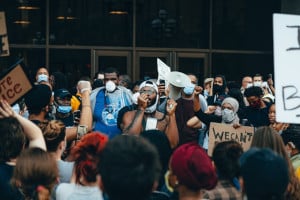
In the past, minority groups like African-Americans and homosexuals suffered injustice at the hands of the majority. An excellent example of this is when the status of slaves in America was changed to that of indentured servitude by slave owners. That change in status allowed them to abuse their workers without punishment since there was no law against it.
Creating a legal system in which each person is treated equally (regardless of race, gender, or sexual orientation) can serve to limit oppression.
Providing Equity and Equality
A final reason establishing justice is essential is that it helps ensure that everyone is treated fairly. The majority throughout history has oppressed certain groups while others have benefited from the societal establishment.
To prevent this, a system must be in place that guarantees everyone is treated equally under the law. Equal treatment should apply to people of all backgrounds, classes, and economic status.
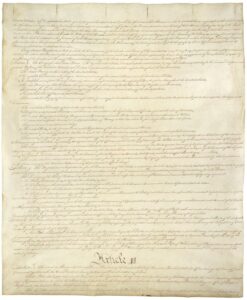
The Constitution enumerates a number of rights that all American citizens can enjoy, such as freedom of speech and religion. It also stipulates that no one can be mistreated because of their social status or minority group membership.
The United States, with its three branches of government, endeavors to create fair legislation for its citizens. Each branch has the power to make laws, judge people, and run the country. To ensure that the government is doing what it should and that people can get help if their rights are violated, we have a system of checks and balances.
The system of checks and balances protects minorities from being oppressed by the majority or denied their rights. Enshrined in the American Constitution is the right to freedom from discrimination and the chance for a fair trial.
How The Constitution Establishes Justice?
Justice in the United States, requires a system with mechanisms for the American people to air their grievances. A government of three parts, each with its own power, facilitates this. The following explains how this is achieved in the Constitution:
Bicameral Legislature
The U.S. legislature is split into two parts: the Senate and the House of Representatives. This division makes sure that more than one component of government is involved in creating new laws and approving spending bills for the American public. It creates another level of checks and balances to ensure that the executive branch does not have excessive power.
Both houses of Congress must pass a bill for it to become a law. The president also has to sign bills into law. This is important because it helps keep the president’s actions in line with what Congress wants while still allowing Congress a voice in the nation’s affairs.
The Judiciary
The judicial branch is responsible for interpreting laws. The justices do so by referring to the Constitution. They make sure that new laws don’t infringe upon people’s constitutional rights.
The Supreme Court can overturn any law that it thinks is unconstitutional. Such authority prompts lawmakers to think carefully about the consequences of their decisions before they pass new laws. It also means that people can be held accountable for their actions, as the judiciary can punish those who break laws with fines or imprisonment.
Power of Impeachment
The House of Representatives has the sole power of impeachment, which is the first step required to remove a government official, including the president, from office.
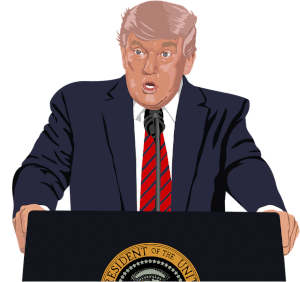
If the House votes to pass an article of impeachment, a Senate impeachment trial must be held. A two-thirds Senate majority must be met to find the official guilty and for them to be removed from office.
The process, while lengthy and complicated, is another example of the effectiveness of a governing under a system of checks and balances in order to establish justice.
For example, 15 federal judges have been impeached to date, as well a U.S. Senator and a cabinet secretary.
Judiciary Functions
The judiciary seeks to uphold justice by ensuring that everyone is treated fairly under the law, regardless of their social status or wealth.
It also endeavors to safeguard people’s civil liberties and human rights whilst following the laws of the land.
The judiciary is responsible for resolving disputes between people or organizations impartially.
Writ of Habeas Corpus
The writ of habeas corpus is a legal document that orders someone in charge of prisoners to bring them to court to challenge their detention.
Exercising Judicial Reviews
Judicial review allows courts to decide if a law is fair or not. If a judge thinks that the law is unjust, the law can be struck down.
The United States Constitution unambiguously states that citizens cannot be arrested without cause, have the right to trial by jury, and should not face cruel or unusual punishment.
Holding Presidential Impeachment Trials
The president, vice-president, and all civil officers of the U.S. can be impeached if they are found guilty of treason, bribery, or other high crimes and misdemeanors.
If convicted, they are removed from office and potentially barred from holding public office in future.
Listening to Appeals
If someone feels that they have been mistreated by a government body, such as the federal tax authorities or military court-martial, they can appeal the decision.
To be heard by the Supreme Court, they must first file a petition for a writ of certiorari, a document that asks the Supreme Court to consider their case. This usually involves submitting written legal arguments and evidence supporting their claim.
The court decides if it will hear the case. Then lawyers from each side present their arguments in front of a panel of nine judges. If a majority decision is reached, the judgment from the lower court stands, and other courts cannot overrule it.
Interpreting the Constitution
The judiciary also issues advisory opinions. These are written judgments on specific legal issues that they have been asked to review.
Advisory opinions are non-binding, so judges in lower courts don’t have to follow them. But they can still influence how these judges make their decisions. Governments use advisory opinions as reference points when drafting their own rules and regulations.

Get Smarter on US News, History, and the Constitution
Join the thousands of fellow patriots who rely on our 5-minute newsletter to stay informed on the key events and trends that shaped our nation's past and continue to shape its present.
Hold Trials
The judiciary is responsible for holding trials of all members of the U.S. armed forces who are charged with a crime. These trials are similar to federal criminal cases, except that military judges serve as both jury and judge during the proceedings. There are no constitutional rights guaranteed to defendants in these trials.
This includes impeachment proceedings against top members of the military who have been accused of wrongdoing. A panel of high-ranking officers instead investigates them before being tried by Congress.
A Constitutional Perspective on 'Establish Justice' Quiz
Frequently Asked Questions
What does 'establish justice' mean in the context of the U.S. Constitution?
Why is establishing justice important in a society?
How does the U.S. Constitution ensure justice through its system of checks and balances?
What role does the judiciary play in establishing justice?
How does the U.S. Constitution protect minority rights through justice?
How useful was this post?
Click on a star to rate it!
Average rating / 5. Vote count:
No votes so far! Be the first to rate this post.
We are sorry that this post was not useful for you!
Let us improve this post!
Tell us how we can improve this post?

